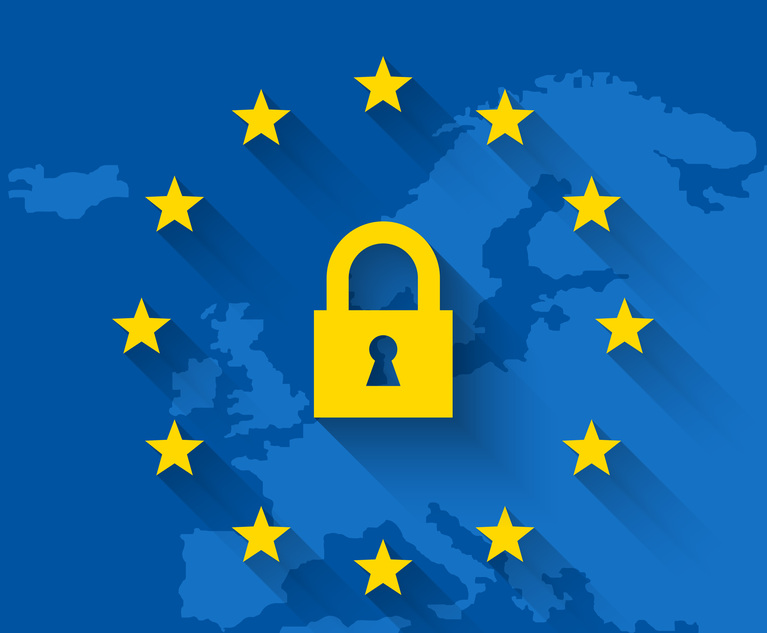 Whether it is a criminal or civil case, lawyers know that their lack of familiarity with scientific evidence puts them at a sharp disadvantage when questioning a witness who is an expert on the subject. It is apparent to all when a solicitor or barrister has a sound grasp of the subject, knows the right questions and understands how to make use of the answers.
Whether it is a criminal or civil case, lawyers know that their lack of familiarity with scientific evidence puts them at a sharp disadvantage when questioning a witness who is an expert on the subject. It is apparent to all when a solicitor or barrister has a sound grasp of the subject, knows the right questions and understands how to make use of the answers.
DNA evidence is a particularly complex evidence type. But it appears that juries are especially influenced by DNA evidence when reaching their verdicts. In many cases, the DNA evidence is essentially accepted at face value and regarded as infallible. It is the barrister’s responsibility to show the limitations of such evidence, but this requires a skilled cross-examination strategy coming from a sound knowledge base. In serious cases this is often dealt with by obtaining funding for a suitably qualified expert to sit in court and advise counsel. More typically, experts are not instructed to assist the defence team. It is on these occasions that the barrister has to rely on his own knowledge and understanding of the subject. To address this potential shortfall, lawyers can now attend training courses designed to raise their awareness of DNA and other forensic topics.








